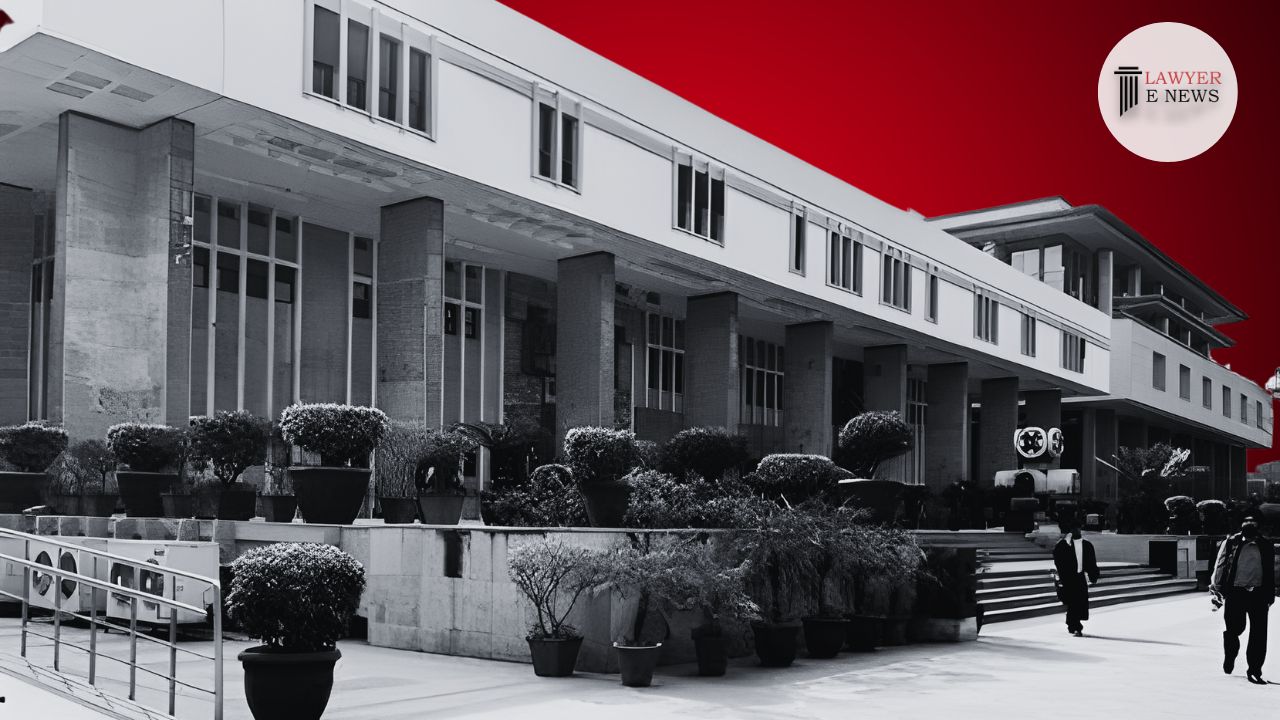-
by Admin
15 February 2026 5:35 AM



The Delhi High Court has issued a landmark ruling addressing significant delays in the approval process for organ transplants. The court emphasized the necessity of adhering to strict timelines to avoid prolonged suffering for patients. The judgment highlights the deficiencies in the current system under the Transplantation of Human Organs and Tissues Act, 1994, and its 2014 Rules, mandating timely decisions to uphold patients' rights to health and life.
The case was brought by Amar Singh Bhatia, a retired Indian Air Force officer diagnosed with end-stage chronic kidney disease in 2017. Despite undergoing treatment and meeting all legal requirements for a kidney transplant, Bhatia faced repeated delays in obtaining approval from the Authorisation Committee, ultimately leading to his death in 2021. Bhatia's petition sought directives for expeditious processing and approval of his transplant application, highlighting systemic issues within the approval process.
Justice Prathiba M. Singh underscored the critical nature of timely decisions in organ transplant cases. The court noted, "The state of suspended animation, wherein neither approval nor rejection is conveyed, is contrary to the letter and spirit of the 1994 Act and the 2014 Rules." Emphasizing the urgency required, the court stated that delays in approval processes could have life-threatening consequences for patients awaiting transplants.
Inadequate Procedures and Lack of Timelines:The court identified significant gaps in the implementation of the 1994 Act and the 2014 Rules, particularly the absence of prescribed timelines for various stages of the approval process. Justice Singh highlighted, "The absence of timelines under Rules 21 and 23 of the 2014 Rules for holding pre-transplantation interviews by the Authorisation Committee has led to delays." The court stressed the need for a structured timeline to ensure that patients do not suffer due to bureaucratic inefficiencies.
Directive for Fixed Timelines:
To address these issues, the court mandated specific timelines for each stage of the transplant approval process, including:
Justice Singh remarked, "Quick decision-making is crucial not just for the donor or the recipient, but also for their respective families."
Justice Prathiba M. Singh stated, "The 1994 Act and the 2014 Rules definitely do not contemplate months together of deliberation in such cases. The reason is obvious - if a particular application is to be approved then the same has to be done in a time-bound manner so that the patients do not continue to suffer."
The Delhi High Court's ruling underscores the judiciary's commitment to ensuring timely and fair processes in life-saving medical procedures. By mandating strict timelines for organ transplant approvals, the court has taken a significant step towards safeguarding patients' rights and addressing systemic delays. This judgment is expected to have far-reaching implications, ensuring that the regulatory framework aligns with the urgent needs of patients requiring organ transplants.
Date of Decision: January 4, 2024
Amar Singh Bhatia & Anr. vs. Sir Ganga Ram Hospital & Ors.
